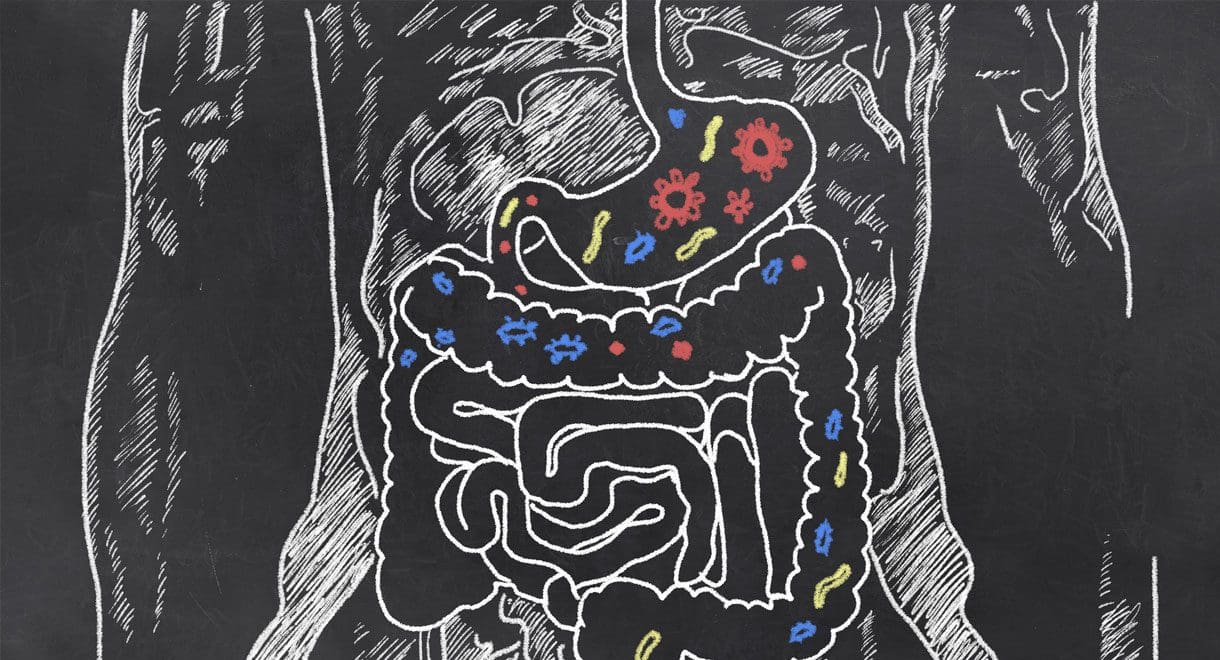Acne Rosacea Tied To Higher Risk Of Gastrointestinal Diseases
This finding comes from an article published in the British Journal of Dermatology.
There is a strong relationship between the gut and the skin, which this study helps to further confirm. Alexander Egeberg, M.D., Ph.D., from the Herlev and Gentofte Hospital in Hellerup, Denmark, along with his colleagues conducted a study of 49,475 people with rosacea. They were compared with 4,312,213 people in the general population who do not have rosacea. They specifically looked for an association between acne rosacea and digestive diseases. Their findings were fascinating.
The researchers found that the prevalence of celiac disease, Crohn’s disease, ulcerative colitis, Helicobacter pylori infection of the stomach, SIBO (Small Intestinal Bacterial Overgrowth), and IBS (Irritable Bowel Syndrome) were all higher among people with rosacea, compared to healthy controls. The researchers went on to state “Gastrointestinal complaints in patients with rosacea should warrant clinical suspicion of disease.”
In my experience rosacea is a manifestation of poor digestive health. Not everyone with the condition develops a serious gastrointestinal disease, but some kind of gut imbalance is always present. Leaky gut, SIBO, Candida infection or dysbiosis are usually present and they need addressing in order to improve skin health. These conditions are all addressed in detail in our book called Healing Autoimmune Disease. Far too many patients with acne rosacea are given antibiotics. While they may provide temporary symptom relief, they further disturb gut health and raise the risk of serious digestive diseases.


Leave A Comment